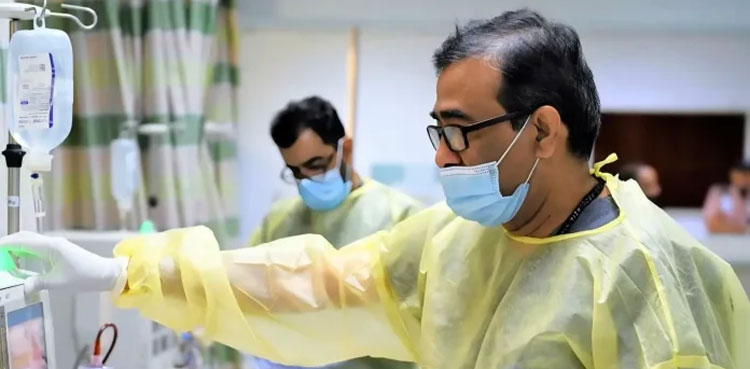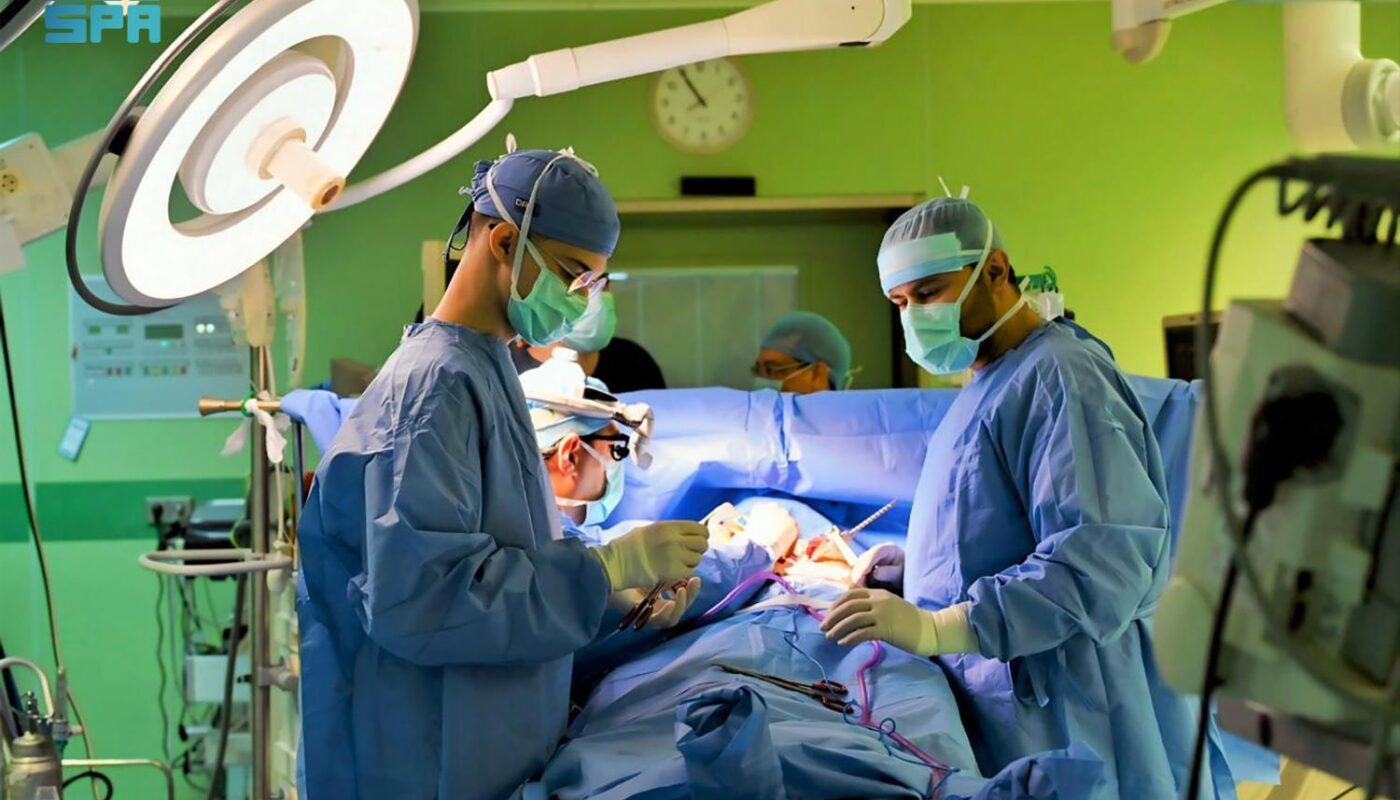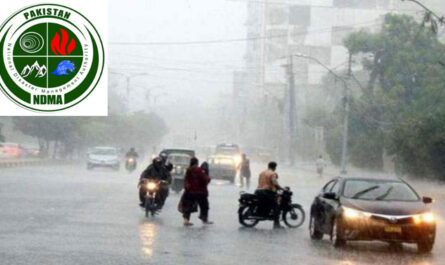The annual Hajj pilgrimage is one of the largest religious gatherings in the world, attracting millions of Muslims from across the globe to the holy cities of Makkah and Madinah. While the spiritual journey is a source of immense faith and unity, it also presents significant logistical and healthcare challenges. Among the most vulnerable during this sacred period are elderly pilgrims and those suffering from chronic illnesses, especially heart-related conditions. This year, the Madinah Health Cluster made headlines by successfully performing 207 cardiac surgeries for pilgrims, reflecting the Kingdom’s unwavering commitment to the well-being of its guests.
A Testament to Medical Readiness and Expertise
The Madinah Health Cluster, part of Saudi Arabia’s broader healthcare infrastructure under the Ministry of Health, was well-prepared to address the needs of pilgrims arriving from diverse geographical and medical backgrounds. Performing over 200 cardiac surgeries during Hajj is a remarkable achievement that highlights not only the capacity but also the efficiency, skill, and dedication of the healthcare professionals involved.
These operations ranged from complex open-heart surgeries to critical catheterization procedures, catering to individuals suffering from acute coronary syndromes, arrhythmias, and other life-threatening cardiac emergencies. The success of these surgeries ensured that pilgrims were stabilized and, in many cases, able to resume their spiritual journey—a goal that speaks volumes about the intersection of faith and healthcare.
Strategic Planning and Infrastructure
The accomplishment did not come by chance. It was the result of strategic planning, state-of-the-art medical infrastructure, and around-the-clock staffing. Specialized cardiac units were set up within hospitals in Madinah, particularly those closest to the Prophet’s Mosque and high-density pilgrim zones. These facilities were equipped with advanced diagnostic tools, operating theaters, intensive care units, and trained personnel capable of handling emergencies with precision.
The Ministry of Health had deployed additional medical teams well before the start of the Hajj season, ensuring that the hospitals were adequately staffed to manage not just cardiac cases but a wide range of medical issues. A large number of these surgeries were performed at King Fahad Hospital in Madinah, one of the region’s top-tier medical institutions.

Multinational Coordination and Support
Given the diversity of the pilgrims—from different countries, languages, and health conditions—coordinating such large-scale surgical procedures required seamless collaboration between healthcare providers, interpreters, international health delegates, and consulate representatives. Each surgery involved meticulous preparation, from identifying patients in need of urgent care to post-operative recovery and rehabilitation.
In many instances, early detection and prompt surgical intervention prevented the loss of life. The success rate of the surgeries stood as a testament to the competence and compassion of the medical teams, many of whom worked long shifts under pressure, yet remained steadfast in their mission to serve the pilgrims.
Life-Saving Amid Spiritual Calling
Cardiac emergencies during Hajj are not uncommon. The physical exertion involved—walking long distances, exposure to high temperatures, and emotional stress—can exacerbate existing heart conditions. Recognizing these risks, the Madinah Health Cluster ensured that emergency services were available 24/7, with rapid-response units and mobile clinics strategically placed throughout the city.
Many patients and their families expressed deep gratitude, sharing how timely treatment saved their lives and allowed them to complete the pilgrimage. For many, the surgery itself became a part of their Hajj story—a transformative experience both spiritually and medically.
Saudi Arabia’s Broader Vision for Pilgrim Care

This achievement also aligns with Saudi Arabia’s broader Vision 2030 goals, which emphasize improving the quality of healthcare services and expanding access to world-class medical facilities. By focusing on the needs of Hajj and Umrah pilgrims, the Kingdom is not only fulfilling a religious and humanitarian duty but also showcasing its capability to manage high-stakes public health events.
The successful cardiac surgeries performed during Hajj also reinforce Saudi Arabia’s positioning as a regional healthcare leader, capable of offering specialized and emergency medical care on a massive scale, even during peak pilgrimage seasons.
Looking Ahead: Continuous Improvement
While the current year’s efforts have been widely lauded, the Madinah Health Cluster and Ministry of Health are not resting on their laurels. Plans are already in place to further enhance cardiac care during future Hajj seasons, with ongoing investments in training, technology, and emergency preparedness.
Saudi authorities continue to analyze data from each Hajj season to identify areas for improvement, ensuring that every pilgrim receives the safest and most efficient care possible. Whether through simulation training, telemedicine, or AI-driven diagnostics, the future of Hajj healthcare looks promising.
Conclusion
The 207 cardiac surgeries successfully conducted by the Madinah Health Cluster are more than just numbers—they represent saved lives, restored hope, and the realization of a spiritual journey made possible through modern medicine. As millions gather each year for one of Islam’s holiest rites, Saudi Arabia’s commitment to their health and safety stands unwavering. The 2025 Hajj season has once again shown that with proper planning, dedication, and compassion, even the most critical medical needs can be met in the service of faith.



